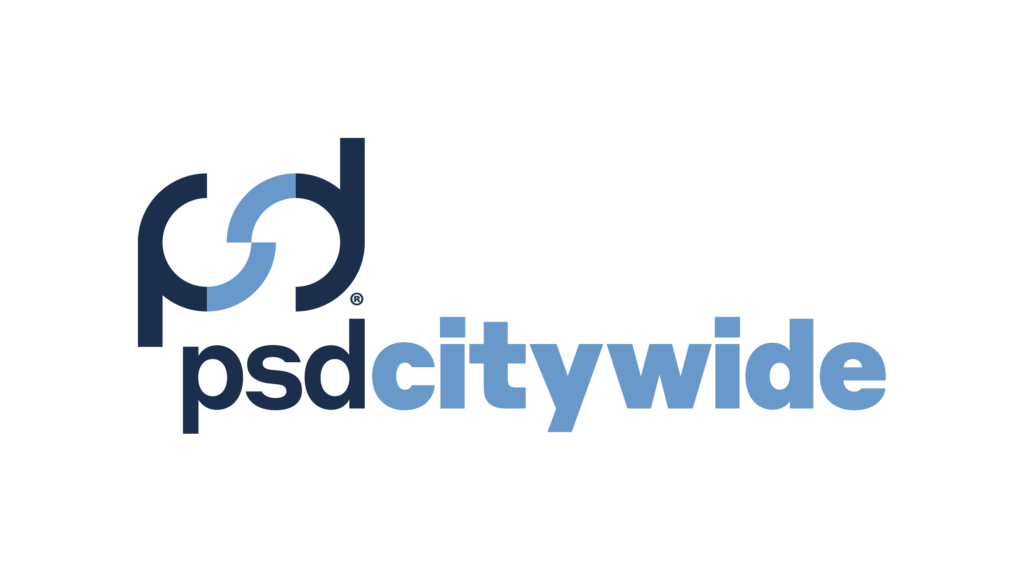This year, the province of British Columbia is advancing its plan to strengthen its local communities in cooperation with the Canada Community Building Fund by making asset management data reporting mandatory.
Each year, municipalities submit Local Government Data Entry (LGDE) forms to the provincial government. These forms collect a standard record of local governments’ financial activities and provide reliable data to identify key provincial trends, ratios, and funding gaps. In 2025, the LGDE will now require municipalities to submit asset management data, including Asset Age and Replacement Values, as well as Asset Condition information. Leveraging robust asset data collection software and digital asset inventories will allow local municipalities to easily collect and report these values to fulfill the updated LGDE requirements.
Local Government Data Entry Forms
In British Columbia, LGDE forms are an annual requirement for local governments in British Columbia. On May 15th each year, municipalities across the province submit standardized information regarding key financial activities from the previous fiscal year. Forms are submitted via the local government information system and designed to enhance municipal accountability and transparency. The province organizes and publicly publishes the data each year to monitor municipal actions and target its support resources accordingly.
In 2020, the provincial government introduced asset management data fields to the LGDE form. Municipalities were required to update their asset management planning status, historical asset costs, and asset additions from the previous fiscal year. Optionally, they could choose to include information on asset age, replacement values, and asset condition. By adding asset management requirements, the BC Department of Municipal Affairs and Housing, in line with the Canada Community Building Fund (CCBF) goals, aimed to improve internal processes for asset management and encourage municipalities to update their replacement value data.
Asset Management data allows the province to develop an annual “Statement of Tangible Capital Assets.” The 2023 Statement of Tangible Capital Assets illustrates the current status of Asset Management data collection in British Columbia.
Key Asset Management Advances
New in 2025, BC municipalities are now required to submit information on asset age, replacement value and asset condition. The LGDE is not a complete asset inventory, nor is it a substitute for asset management plans. Instead, it requires total outputs from local governments for its asset management fields. The following values are now required reporting for municipalities in BC:
Asset Age and Replacement Value
- Current replacement value
- Annual replacement value amortization
- Average expected life
- Average age
- Average remaining useful life (calculated)
Asset condition
- Physical condition (% breakdown by value)
- Capacity vs. demand utilization (% breakdown by value)
- Functionality (% breakdown by value)
Beyond these totals, the LGDE also tracks asset management planning status in increased detail with the addition of the following fields:
Organization Asset Management
- Asset management strategy in place? (Y/N)
- Asset management policy in place? (Y/N)
- Risk assessment completed? (Y/N)
- Long-Term Financial Plan (LTFP) linked to AM plan(s)? (Y/N)
- Current LTFP horizon (years)?
- LTFP available online? (Y/N)
- Asset inventory completed? (Y/N)
- Natural assets inventory completed? (Y/N)
Asset Management Progress by Asset Class
- Asset Inventory (Y/N)
- Long-Term Financial Plan (Y/N)
Altogether, these new mandatory fields will provide a comprehensive understanding of the state of asset management in British Columbia. This data will be used to develop the annual “Statement of Tangible Capital Assets”, calculate key sustainability metrics, identify overarching infrastructure patterns and needs, and inform future infrastructure grant programs and resources.
The Union of BC Municipalities (UBCM) administers the Canada Community Building Fund (CCBF) in conjunction with the provincial and federal government, providing stable funding for municipalities, and data-sharing capacities amongst the UBCM and both levels of government.
Every ten years, the provincial agreement with the CCBF is updated. In 2024, the renewed CCBF agreement includes ongoing asset management education, the development of long-term financial plans, and measuring asset management performance across the province. By implementing robust asset management reporting requirements in the LGDE, the CCBF is fulfilling its mandate to deliver high levels of service to local communities in a socially, economically, and environmentally sustainable way.
How Can PSD Citywide Help?
Citywide Assets supports asset management and infrastructure data organization through its comprehensive asset inventory, predictive asset profiles, rapid asset data upload centre, detailed asset attributes, and more. In British Columbia, leveraging digital asset management software simplifies municipal processes to fulfill the new LGDE form requirements.
- Calculate asset replacement costs: Replacement values are now mandatory in the BC LGDE forms. Citywide Assets’ inventory system allows users to easily track asset conditions and events to calculate replacement costs across individual assets or asset categories.
- Asset condition data collection made simple: Through the Citywide Mobile App, field workers and infrastructure consultants can easily update asset conditions on-the-go according to customizable condition scales. Unique condition scales are utilized depending on asset category – from water pipes to roads, sidewalks to benches, conditions can be adapted to category-specific metrics. Condition data is aggregated in the asset inventory and reflected in lifecycle event planning, ideal for providing a foundation for LGDE form reporting.
- Evaluate asset life and model risks: Utilize Citywide tools to forecast lifecycle events, such as maintenance or replacement, to effectively model future costs and make risk calculations to fulfill LGDE risk assessment requirements. Citywide Assets’ risk frameworks include both likelihood of failure and consequence of failure with calculations that can be fully customized to asset categories and lifecycles, based on organizational standards and goals. PSD Citywide advisory team helps ensure that organizations’ risk frameworks are aligned with their strategic plan and management tactics.
- Organize and export data with ease: Leverage the Citywide asset data registry to easily sort, filter, import and export data when completing annual financial reporting requirements. With unlimited and customizable asset attributes, municipalities can manage local data based on their specific processes and needs.
- Inform long-term financial plans with data: One of the core aims of the CCBF is to enhance long-term municipal performance through improved planning. Citywide Assets provides reliable information needed to make crucial, data-driven infrastructure decisions for future resiliency.
Key Takeaways
- Mandatory Asset Management reporting in BC LGDE forms as of 2025 – Starting in 2025, British Columbia municipalities must include asset management data—including asset age, replacement values, and condition—in their annual Local Government Data Entry (LGDE) forms. This new requirement strengthens provincial asset management efforts and aligns with the Canada Community Building Fund’s (CCBF) goals.
- Enhanced data collection for sustainable infrastructure planning – The expanded LGDE requirements will provide a comprehensive view of municipal assets, supporting better financial planning and sustainability metrics. This data will inform the province’s annual “Statement of Tangible Capital Assets,” help identify infrastructure trends, and guide future funding programs.
- Technology Solutions for Simplified Compliance – Digital asset management software, such as Citywide Assets, helps municipalities efficiently track and report required asset data. By leveraging tools for replacement cost calculations, condition tracking, and long-term financial planning, local governments can streamline compliance with the new LGDE requirements while improving asset management strategies.



